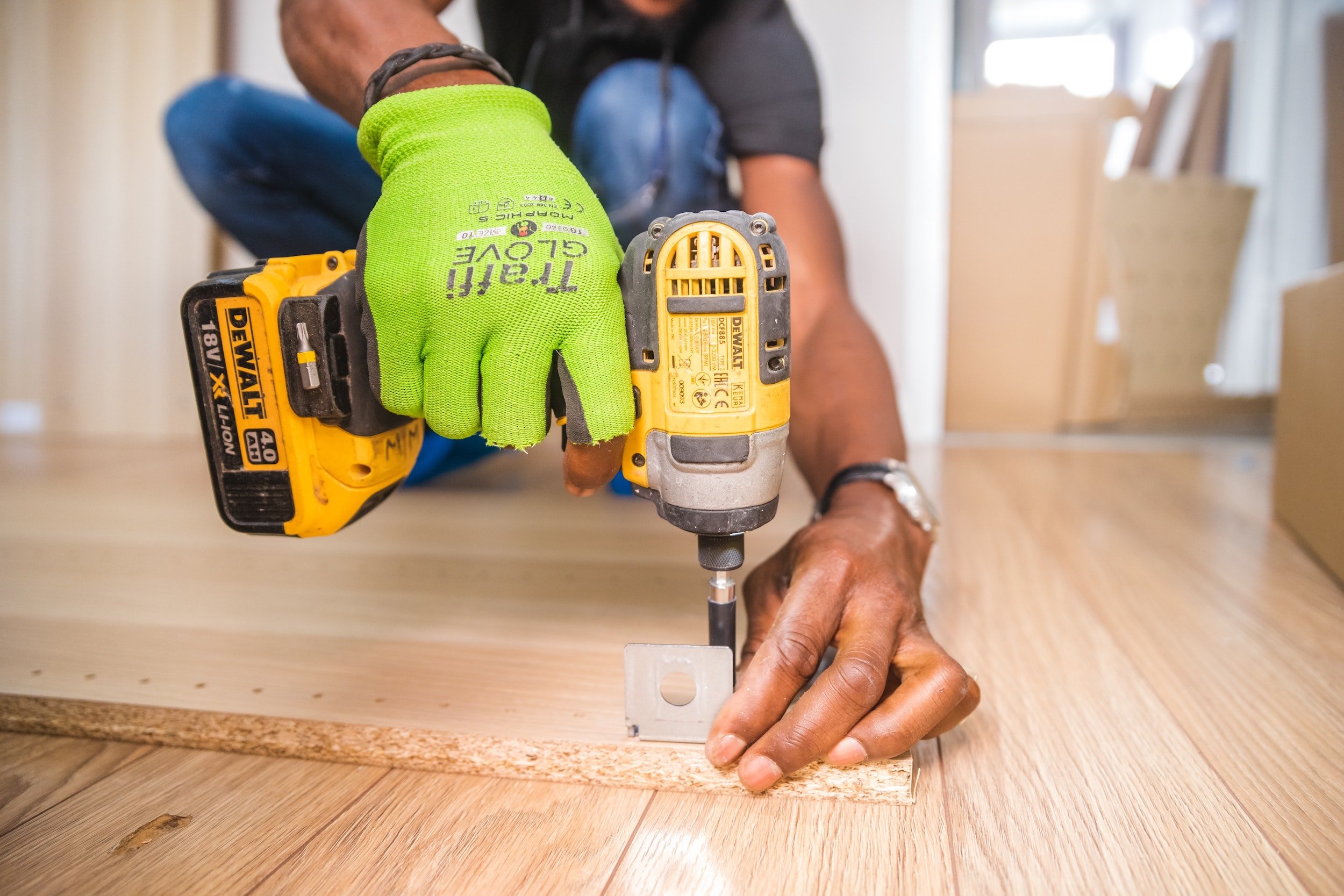How to Select a Home Builder, Part 5
▱ Part 5: Finally, Making a Choice ▱
By Larry Gilland
▱ Obtain references: Obtain several references from the builder. These references may be from other homeowners for whom they have built, educational facilities from which they have graduated, and/or professional organizations of which they might be a member. You may wish to contact laborers they’ve hired or subcontractors who have done work with them. Supply houses can give you an idea if their account is current and if they make payments on-time. If possible, speak with loan officers to gain their opinions of the builder. The loan officers can tell you how long they have worked with the contractor and how many loans have been given to them.
▱ Obtain bids on house plans: If you already have a set of plans in hand and you wish to have the prospective builders bid on them before selecting one, you'll need to realize a few things. 1.) Make sure the contractor understands what you want. 2.) The plans should be as detailed as possible. You should include a list of preferences of materials, appliances (with make/model numbers), specific company's products, etc. This detailed list which should accompany the blueprints is called the “specifications” list or simply, “specs.” With over 300,000 items going into the construction of a house, the estimates will not be the same. Be wary of the lowest bid, especially if it is considerably lower than all other bids. Quality materials and products will, as you know, cost more than inferior ones. Expect the first bid to be high.
After you receive the bid from the contractors, allocate time to review the bid with the contractor. Allow them to explain their bidding process and make sure you understand what they have included in the bid. You may find that there are some items that were overlooked or perhaps other items (ideas) they have included that you hadn't thought about. This is also an appropriate time to ask them for recommendations which could cut some of your costs yet provide you with the results you hope to achieve.
If possible, compare the materials lists which each contractor has compiled. Look for a consistency of the total number required of a general item, e.g., the total linear feet of 2 x 4’s required, the number needed of a certain size of window, or the quantity and type of insulation required. This may help you to judge how equally the contractors have estimated the materials required to build the house. Again, beware of the extremely low bid!
▱ Notify builders of your decision: By now you should have enough information to decide who your builder will be. If, however, you are undecided between two or three, ask more questions and tune in to your gut feeling. Can you get along with them? Do you like them as a person? This may seem irrelevant, but your requirements for “the perfect custom home” are quite personal. You will need to find a builder with whom you can speak freely. You’re placing an important part of your life in the hands of a stranger. Personal information about the builder can help you make your decision. A stable private life will allow them to place priority on your needs: physically, mentally, and emotionally.
After you have made your decision, inform the builder(s). The contractor you choose to build your home can be notified by phone. Move forward by discussing things like financing options, designing a house plan, selection of an architect or architectural designer, and what the possible groundbreaking times might be. At this time, the builder can begin to direct you through the custom home process. This is also when it’s best for the architectural designer and contractor to begin working together.
Those contractors you elected not to hire can be noted by letter. The letter should be complimentary and polite. Remember, the builder you selected may not work out, so you'll want to remain in good stead with those who may end up working for/with you. It’s a rarity, but accidents and causes beyond anyone's control can prevent a builder from starting or completing the job for you. It’s always best to have a back-up plan...and a back-up person for the job. If any contractor has incurred "out-of-pocket" expenses in an effort to win you as a client, you may consider offering to reimburse them. Possibly the contractor duplicated your blueprints during the bidding process, hired a draftsman to render details about your house, consulted engineers, or obtained samples of specific materials or products. If you pay for any of these costs, you should receive the applicable item(s). You will need a number of copies of blueprints anyway and any form of detail (engineer reports, photos, or drawings) will help to clarify important ideas for your home for later reference. The contractor will be disappointed to have not been hired, but at least it will be apparent that you made a sincere effort in your decision.
We hope this blog series helped, and good luck on your journey of finding the right home builder for you!





